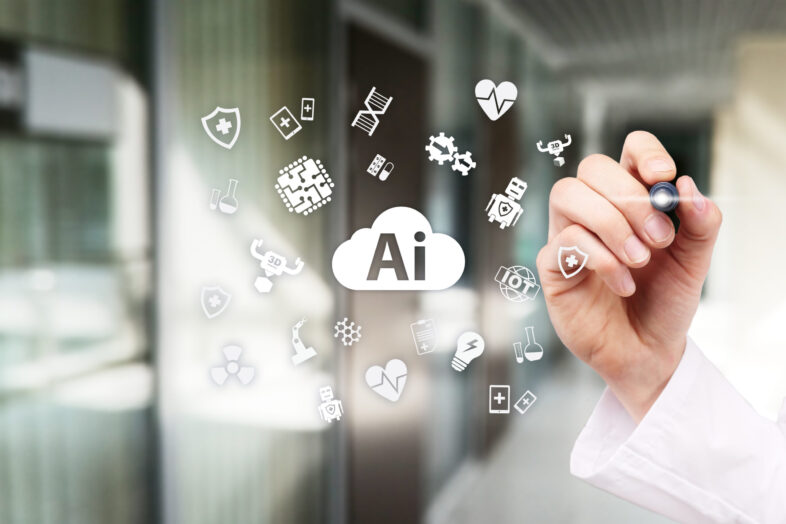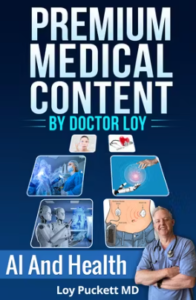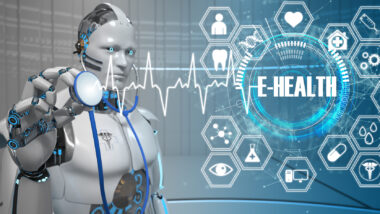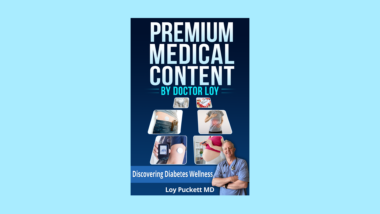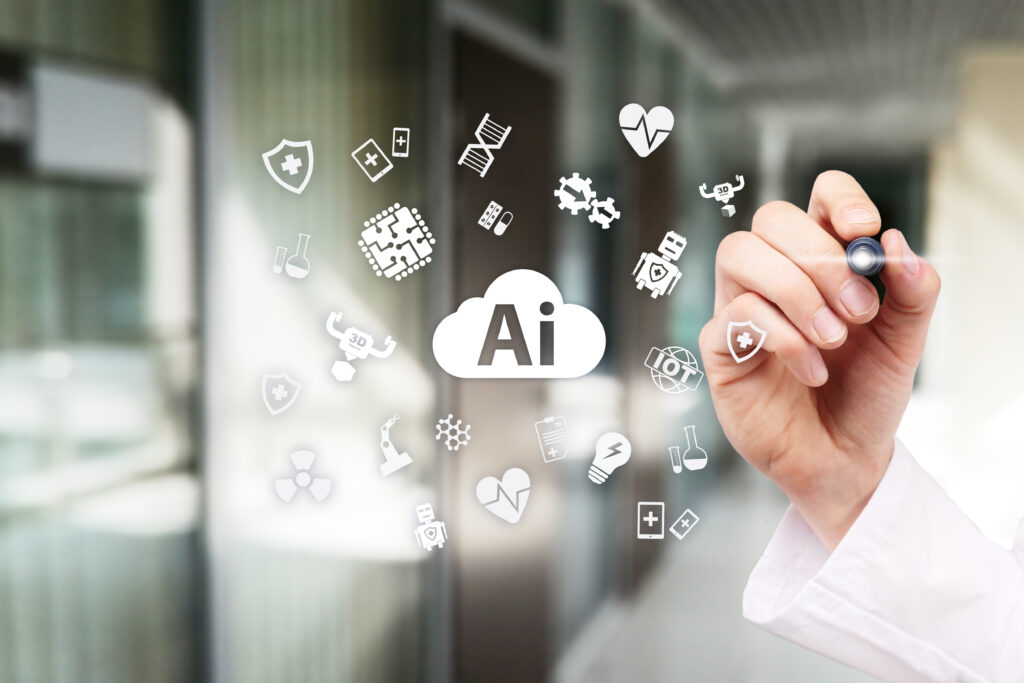
This Offer Will Go LIVE When The Timer Hits Zero!
-667Days
-20Hours
-39Minutes
-3Seconds
Artificial Intelligence (AI) has shown significant promise in transforming various aspects of medicine, but it also comes with several disadvantages and limitations. Here are 12 common ones:
- Lack of Clinical Experience: Because AI is fairly new, the algorithms used by it often lack the real-world clinical data depth that experienced medical professionals have acquired during their years practicing medicine. AI may not fully understand the nuances of patient care, the complex interactions between different diseases, or the broader context of a patient’s life as well as a healthcare professional that has treated their patients for years.
- Data Bias: This is a great case of garbage in – garbage out. AI algorithms are only as good as the data available to them. So if the data used is biased or unrepresentative of diverse populations, the AI system can produce biased or results that are not accurate, and could lead to disparities in healthcare outcomes.
- Lack of Transparency: Certain AI models, especially deep learning neural networks, often lack transparency in explaining how the model arrives at its decisions. This can be problematic in medical contexts where understanding the rationale behind a diagnosis or treatment recommendation is crucial.
- Legal and Ethical Concerns: Since its beginning, the use of AI in medicine has raised complex legal and ethical issues. Some topics that are in discussion include: determining liability in case of AI-related errors, ensuring patient privacy and staying within the confines of the Health Insurance Portability and Accountability Act (HIPAA), and maintaining consent and control over data usage … are all ongoing challenges.
- Dependency and Over-Reliance: Over-reliance on AI systems could potentially lead to reduced critical thinking and decision-making skills among healthcare professionals over time. Relying solely on AI recommendations without cross-verification by medical experts might compromise patient safety.
- Limited Generalization: AI models may perform well in controlled settings but struggle to generalize in new or diverse situations. They may fail when faced with rare diseases, unique patient cases, or novel medical scenarios where there is not enough data for the algorithms to use effectively.
- Resource Intensity: Developing, implementing, and maintaining AI systems can be resource-intensive in terms of both time and cost. Smaller healthcare institutions, or those in resource-constrained settings, such as small rural clinics and hospitals, might struggle to adopt and integrate AI technologies effectively due to budget constraints.
- Regulatory Hurdles: The regulatory environment for AI in medicine is still evolving. Getting approval for AI-based medical devices or therapies can be a lengthy and complex process, thereby slowing down innovation.
- Human-AI Collaboration Challenges: Integrating AI into clinical workflows requires significant effort to ensure seamless collaboration between AI systems and healthcare professionals. Resistance to change, training requirements, and adjustment periods can pose challenges for healthcare professionals new to using AI.
- Patient and Provider Acceptance: Patients and healthcare providers may have concerns about trusting AI systems with their health decisions. Establishing trust and acceptance is crucial for successful adoption. And in the end, it is still the healthcare provider that has to make the final decisions on the best treatments for their patients.
- Unforeseen Errors: AI systems are not perfect and can make unexpected errors, especially when faced with uncommon or complex cases. Detecting and addressing these errors can be challenging and might require human intervention. That is why any AI determinations or recommendations should not be blindly followed and must be cross-checked with other trusted sources.
- Job Displacement: The introduction of AI in medicine has led to concerns about job displacement for certain roles, such as radiologists or pathologists, potentially impacting employment opportunities in these fields. While this may eventually have an impact on jobs, human intervention will still be needed well into the future.
While AI holds great potential to enhance medical practices, it’s important to address these disadvantages and limitations to ensure safe, ethical, and effective integration into healthcare systems. The final decision still rests with the recommendations of a healthcare professional.
To learn more about AI and Health, be sure to pick up my latest Premium Medical Content that will be released on September 12th. To see a preview, click below.
Premium Medical Content By Doctor Loy: AI And Health

Doctor Loy
Loy Puckett MD
Emergency Medicine – 28 Years Experience
